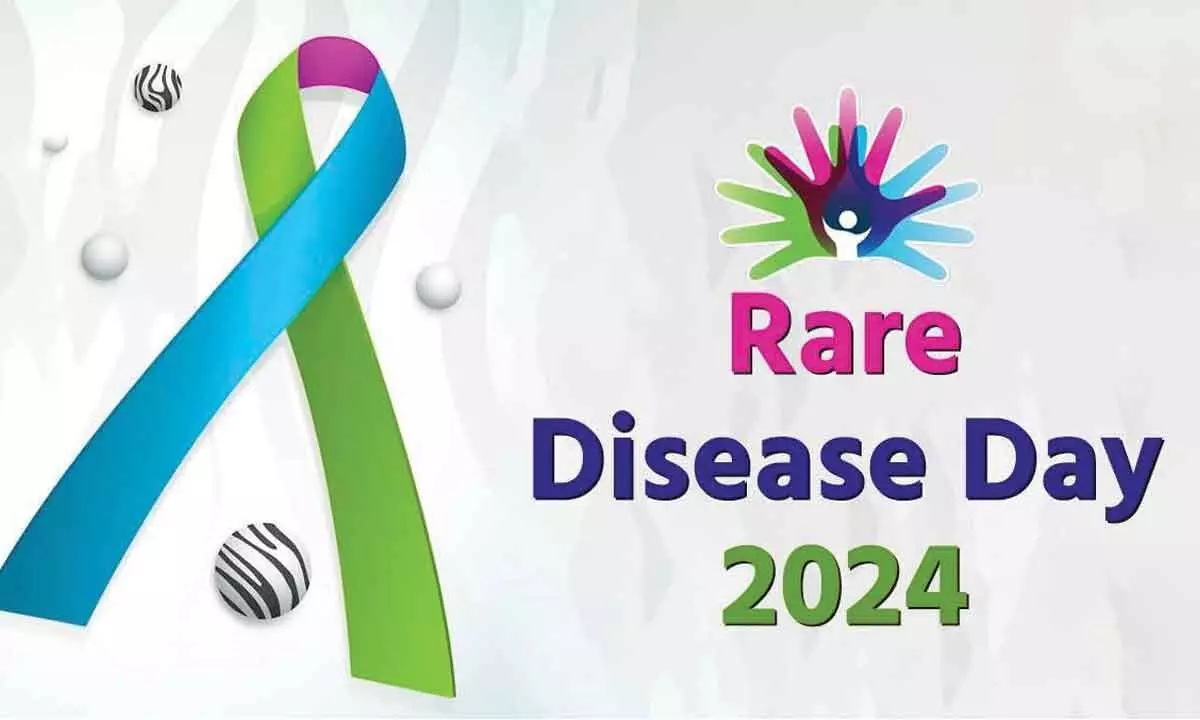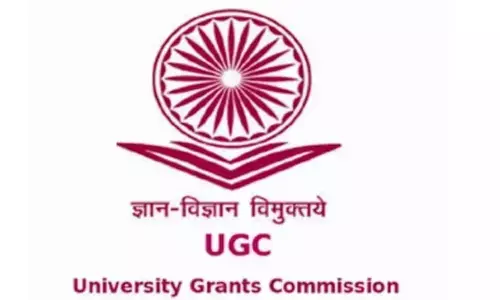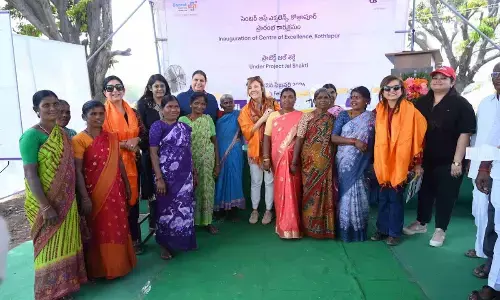Rare Diseases Day 2024: Rare Disease Policy and Enhanced Patient Care

Hyderabad doctors urge action on comprehensive policy and enhanced patient care
With Rare Diseases Day on 29 February, healthcare experts are calling for a comprehensive Rare Disease Policy as the need of the hour. According to the World Health Organization (WHO), rare diseases typically affect fewer than 1 in 1,000 individuals, and in India, around 70 million people grapple with 450 rare diseases, including the particularly debilitating Spinal Muscular Atrophy (SMA).
Spinal Muscular Atrophy is a rare genetic condition characterized by the progressive loss of motor neurons, resulting in severe muscle weakness and potential life-threatening complications. Patients with SMA have either no access to treatment or are left with very limited options for cure. With thousands affected in India, raising awareness, providing support, and implementing effective strategies for early identification and intervention are crucial.
Despite the introduction of the National Policy for Rare Diseases (NPRD) in 2021, specific challenges posed by SMA persist. The NPRD aims to reduce the incidence and prevalence of rare diseases through awareness campaigns, screenings, and counseling programs. The central government has established 11 Centers of Excellence (CoE) across the country to assist with rare diseases through counseling, diagnosis, management, and comprehensive multidisciplinary care but the utilization of funds by these CoEs has not been very encouraging. In Hyderabad, the Centre for DNA Fingerprinting and Diagnostics at Nizam’s Institute of Medical Sciences (NIMS) is a designated centre for rare disease treatment. However, there are challenges in navigating the registration process for patients, particularly those from remote villages who face illiteracy and financial constraints.
Dr. Ramesh Konanki, Consultant Pediatric Neurologist at Rainbow Children’s Hospital, Hyderabad emphasized, “India has a high burden of rare diseases due to its large population and socio-economic factors. Ensuring the right policies for rare disease patients in India is not just a matter of healthcare; it's a commitment to compassion, equity, and the belief that every life, regardless of rarity, deserves the opportunity for a healthier and brighter future. Urgent attention is required to address the immediate implementation of the National Policy for Rare Diseases. Numerous Centers of Excellence (CoEs) currently lack the essential infrastructure and skilled personnel needed for crucial services such as genetic diagnostics, counseling, and advanced therapies. A pressing need exists to establish a more comprehensive care provider and referral network, necessitating proactive efforts to encourage collaboration between CoEs, foster public-private partnerships (PPP) involving CoEs, and facilitate strategic alliances between CoEs and other pivotal regional institutes of national significance.”
The policy implementation faces additional hurdles, concerning the cost-effectiveness of interventions for rare diseases in comparison to other healthcare priorities. Challenges arise in determining how expenditures should be divided between the central and state governments. These factors contribute to the complexities surrounding policy execution.
Dr. Lokesh Lingappa, Consultant Pediatric Neurologist at Rainbow Children’s Hospital, Hyderabad stressed the significance of a comprehensive approach to managing rare diseases, particularly SMA Type 1. “In managing Spinal Muscular Atrophy (SMA), adopting a multidisciplinary approach is not just a choice but a clinical approach. Each facet of this complex condition demands a specialized perspective – from neurology to pulmonology, physical therapy to nutritionists, and psychologists. Embracing a collaborative, multidisciplinary framework ensures that we navigate the intricate landscape of SMA with comprehensive care, addressing every aspect of the patient's journey towards a healthier and more fulfilling life.”
Rase diseases are debilitating conditions that require immediate attention. A robust policy framework, coupled with enhanced patient care, can offer hope, and alleviate the immense burden borne by those living with these rare, yet devastating, conditions.











